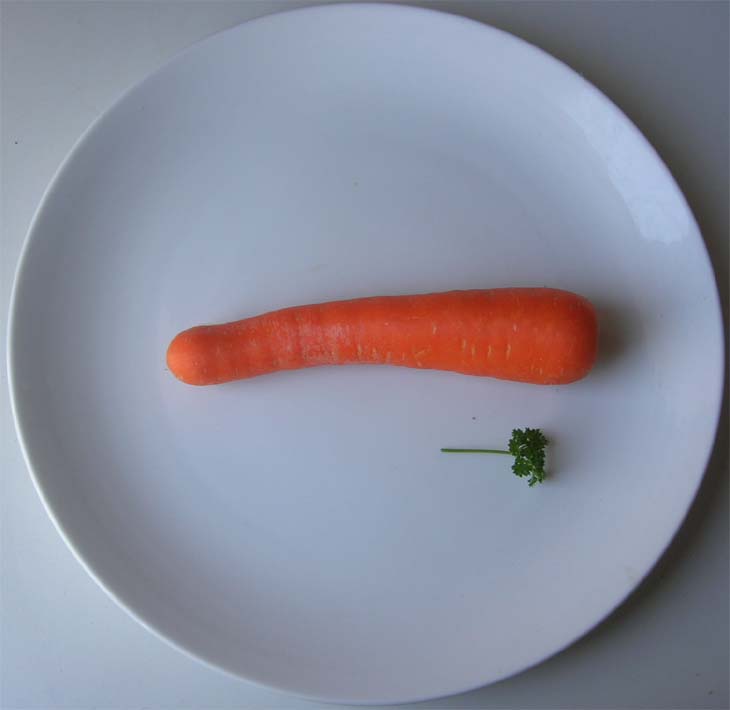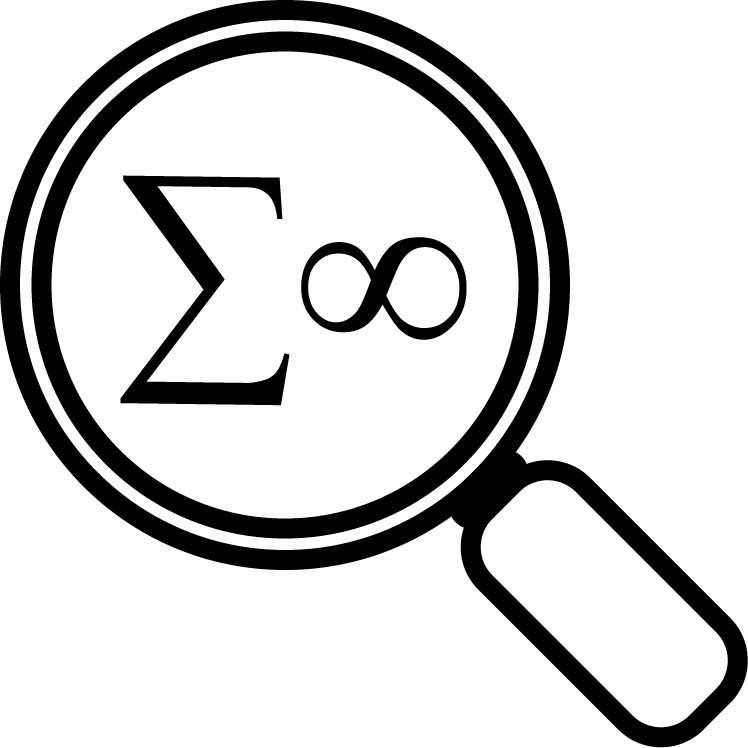People might gain lots of weight between diets because their subconscious thinks that diets are due to famines
Background
People who repeatedly attempt to lose weight by dieting often gain weight in the long run. This happens because they overeat between diets which cancels out the weight loss due to the diet. Sometimes they end up more overweight than if they had never tried to diet. Why people do this isn’t well understood, because we might expect them to always overeat to the same amount whether or not they’ve been dieting. Studies of animals show that they respond to changes in the amount of food they find by changing how much energy they store as fat. They usually don’t know for sure whether or not there is lots of food, so they must have to try to learn by experience.
Findings
We made a simulation model of an animal that has to learn whether or not there is lots of food and decide how much to look for more food and how much fat to store. This animal know whether or not there’s lots of food at the moment, but not how much there will be lots of food or not in the future. The results show that is there is lots of time where there is not much of time, the animal should eat lots and store lots of fat when there is food. These simulated animals actually store more fat if there are frequent food shortages interspersed with food abundance, than if there is always an abundance of food.
Implications
If the subconscious brain is unable to tell the difference between diets and food shortages due to famines, then we expect it to drive us to put on more fat. This fat will mean we will survive any future famines that might occur. This means we expect that people who yo-yo diet will end up more overweight than people who never diet. Our work suggests that people who get very overweight from dieting have brains that are behaving perfectly sensibly, if the world they were was like the environment in which humans evolved.
Subject
Evolutionary medicine
Subject Group
Zoology and Ecology
Keywords
obesity
dieting
learning
food
foraging
contrast effect


Image credit:
By Gideon from Paris, France (lunch) [CC BY 2.0 (http://creativecommons.org/licenses/by/2.0)], via Wikimedia Commons
